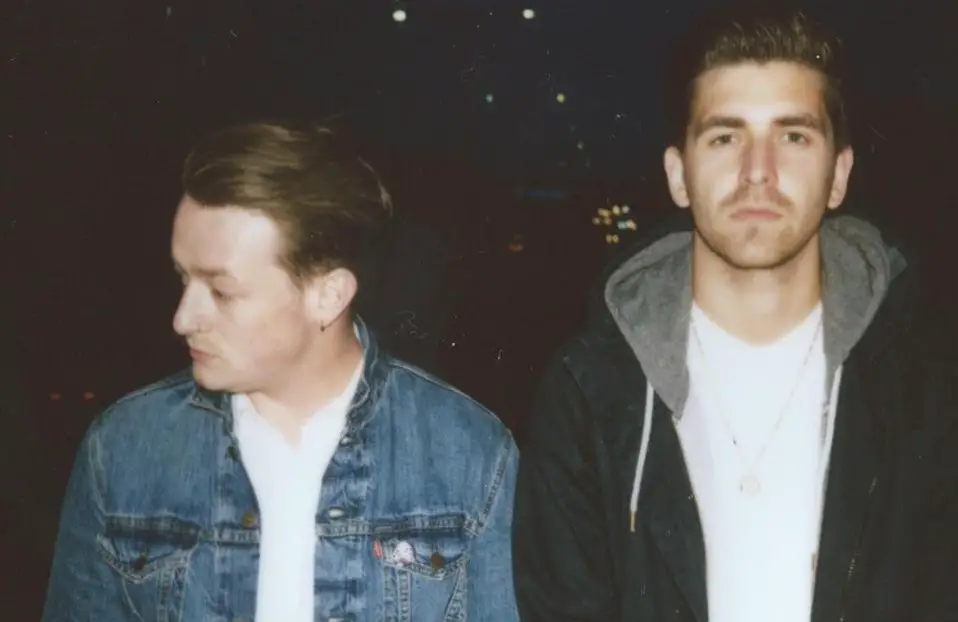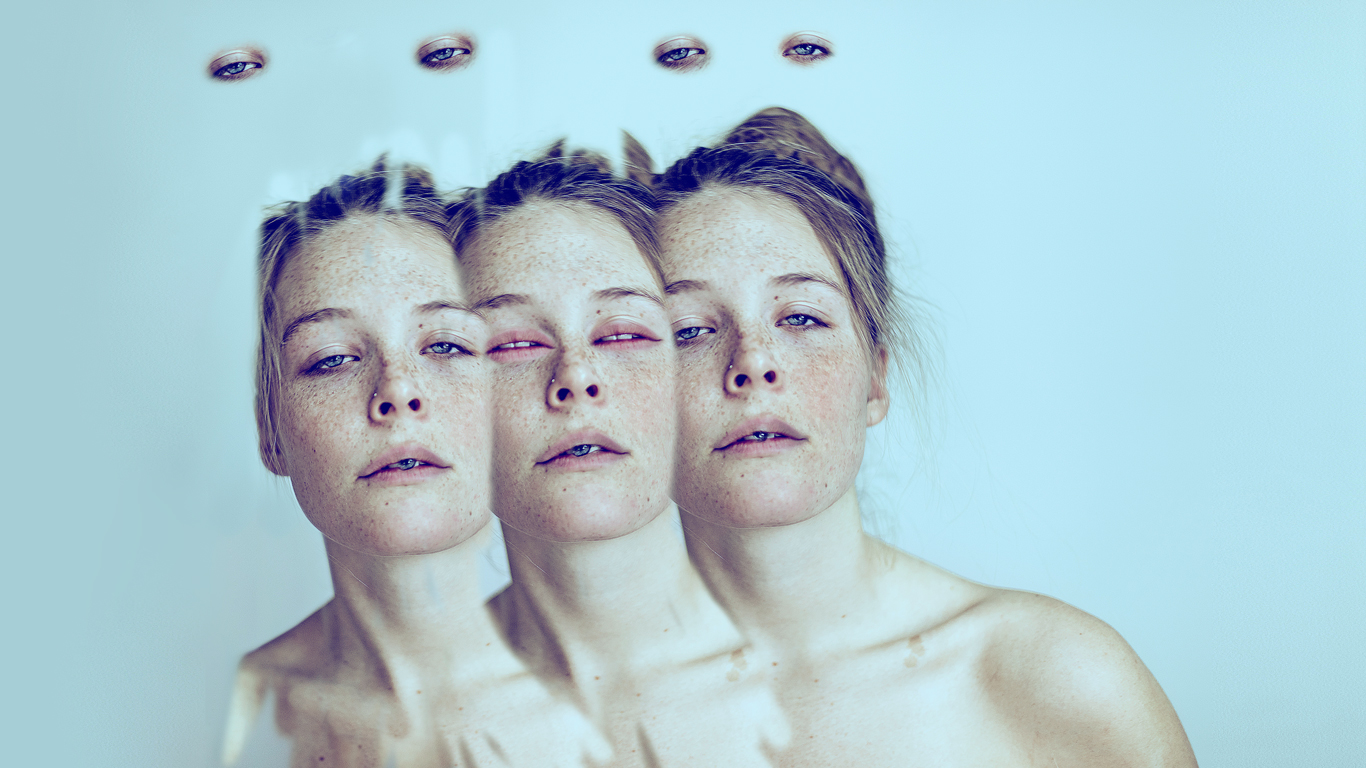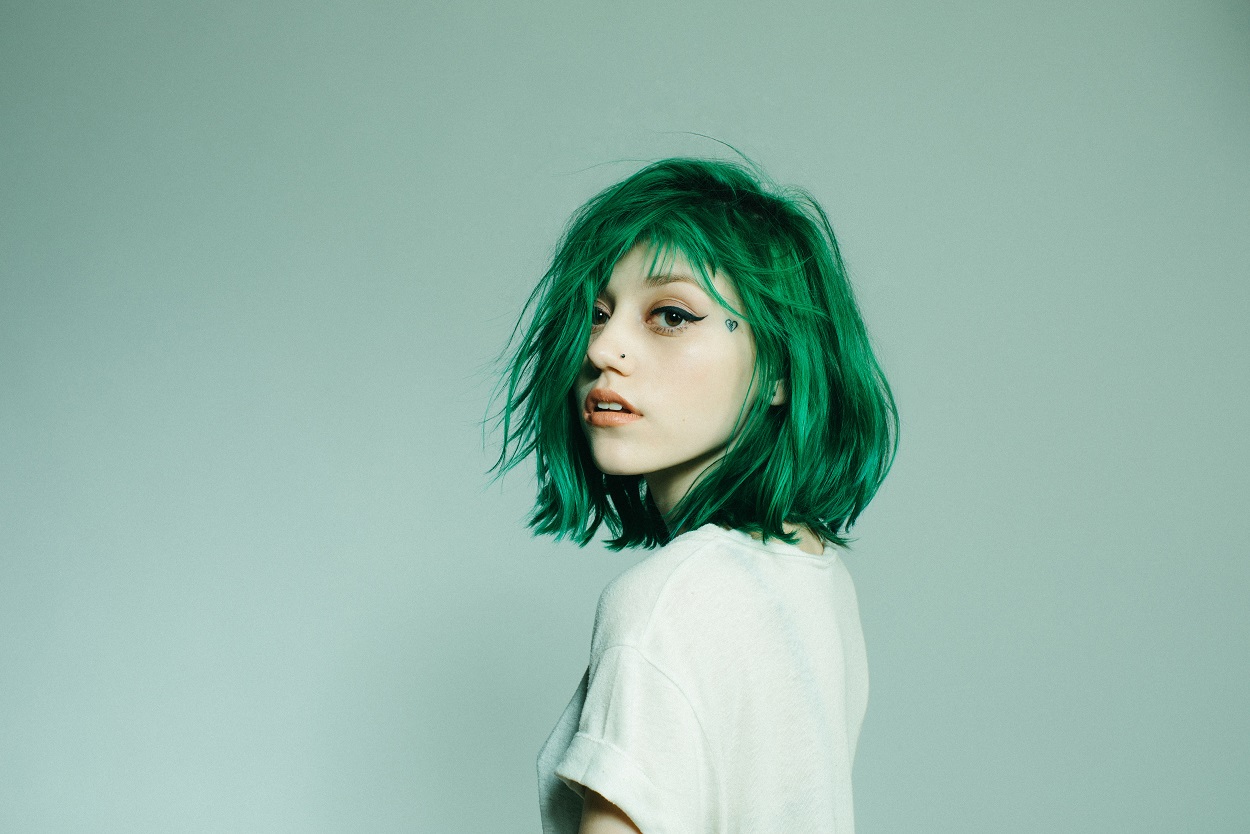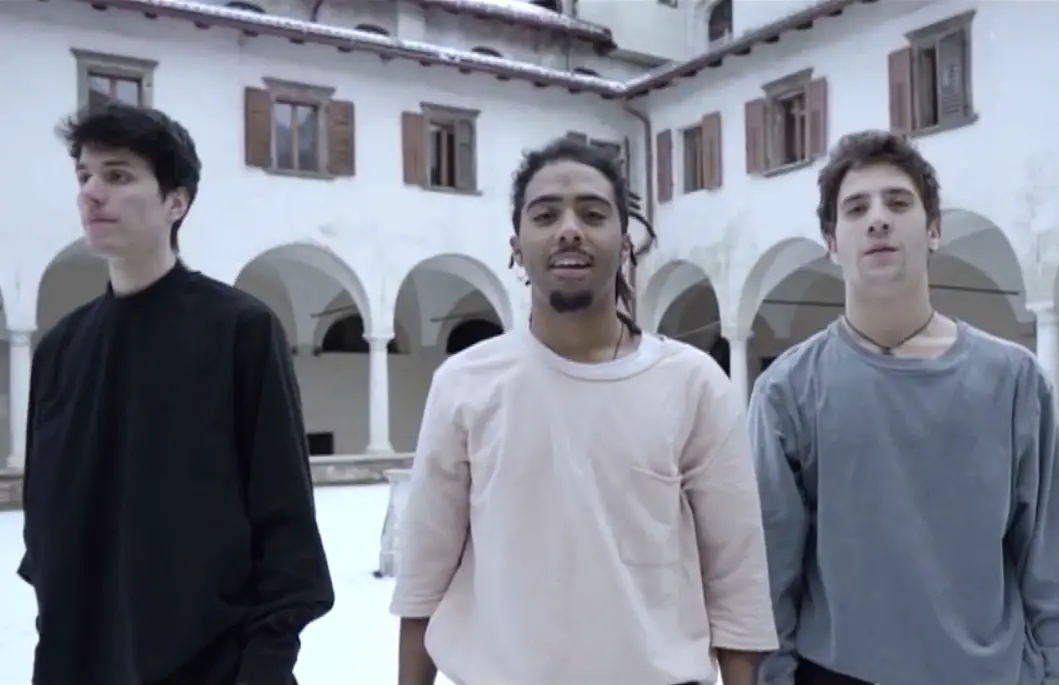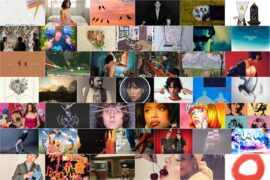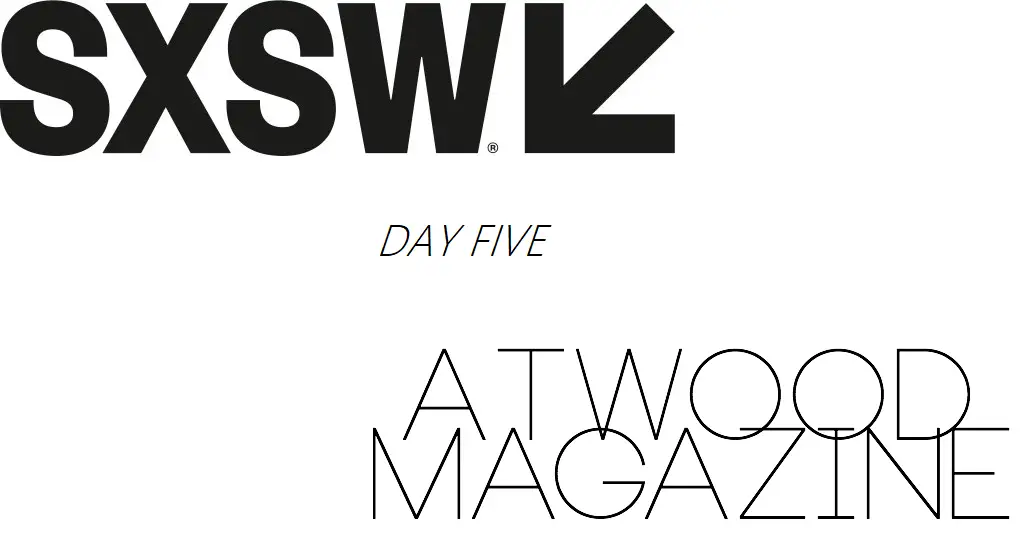Honest and heartfelt, James Veck-Gilodi’s “Coffee” is a beautiful acoustic confession that describes the Deaf Havana singer’s struggle with depression with a soulful but intense simplicity.
— —
Being a young adult has never been easy. Whether it’s getting to grips with grown-up stuff or dawdling endlessly in that odd limbo between teenage years and your twenties, this process of transition has always come with a number of tough, often totally unexpected, challenges that all generations, past, present, and future, have had and will have to cope with.
But while our parents and grandparents may have found it difficult to abandon the comfort of the family home and deal with the downsides of independence, it is undeniable that young adults in 2018 (and now 2019) have much higher mountains to climb. Increasing levels of competition and job insecurity, soaring tuition fees and property prices, the omnipresence of social media, and quite often the older generations’ institutionalised disregard for the issues us “Millenials” have to face all combine to make our lives considerably more difficult than ever before. The figures don’t lie: the 2018 State of Mental Health in America report shows an “alarming increase” in the number of young people experiencing serious mental health conditions, while a survey of several thousand British teenagers have found one in three of them to be suffering from mental health troubles.
And yet, despite the prevalence of the problem, and the money and energy invested in its exploration, we still find it hard to actually talk about it. Mental health remains, to a great extent, a taboo subject, and understandably so: opening up to others, owning up to the fact that you’re struggling, is incredibly hard – and it often makes you feel like a total failure. I speak from experience: I arrived at university as a complete emotional wreck, battling depression-induced insomnia as well as eating disorders, and feeling like an impostor, and I spent months trying to keep a straight face and not let anyone find out about my demons. But while isolation might seem safe, and confession painful and risky, connections to other human beings are powerful and liberating, and the best way out of the dark place that is depression.
Stream: “Coffee” – James Veck-Gilodi
[soundcloud url=”https://api.soundcloud.com/tracks/179023062″ params=”color=ff5500&auto_play=true&visual=true&hide_related=false&show_comments=true&show_user=true&show_reposts=false” width=”100%” height=”300″ iframe=”true” /]The frontman of English alternative rock band Deaf Havana knows this all too well. James Veck-Gilodi experienced incapacitating panic attacks after moving to London; he recalls, still with considerable anxiety, the crippling desperation and helplessness that used to come over him – a sensation familiar to many, but entirely incomprehensible and alien to others. For Veck-Gilodi, as for many with a history of mental health issues, this lack of understanding is yet another factor that keeps us from speaking up. “It’s hard for people who don’t experience mental illness to understand it”, Veck-Gilodi explains; “[y]ou can’t express it in words”. Veck-Gilodi, then, turned to music to unburden his mind and soul, letting his feelings surface in beautifully heartfelt melodies like “Coffee.”
I found a note that an old friend had left me,
saying I hope this music works
I blame the last eight years of my life,
on the fact that I put that first
I’ve been meaning to start
eating breakfast and stop
sleeping in all day
I just can’t find enough motivation
to stop living life this way
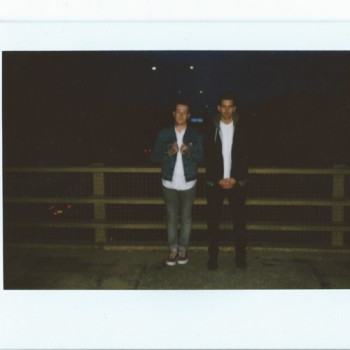
Calm, quiet, yet overflowing with emotion, “Coffee” is a simple but poignant confession. The laidback acoustic accompaniment lets Veck-Gilodi’s deep, powerful vocals shine. The heart-rending tenderness in his voice, and the bold sincerity of the lyrics, reveal the singer’s profound personal connection to the song, giving it that wonderful note of honesty unique to truly passionate music. The track culminates in a moment of pure catharsis as Veck-Gilodi dives into the chorus:
I’ve been meaning to stop
drinking coffee and
start looking out for myself,
but when everyone else is as deep in as me,
well it’s harder than hell to get help
I’ve been holding on so tightly,
and I’ve been singing out
“love, come find me”
and the cracks in my skin let the darkness into my soul
I don’t do well on my own,
I don’t do well on my own
Much like Gengahr’s soulful anthem, “Coffee” is an ode to the beauty that resides in vulnerability. It comes from a dark, desperate state of mind and is heavy with heartache and loneliness, but it also shows the way towards a better, safer place that love can lead us all to. And although our demons might follow (mine surely have), and we might never forget about the darkness (I don’t think I ever could), the overwhelming warmth, joy and peace of that place will help us accept it all. Resonating with pain, “Coffee” is a simple song about a complex issue that many of us can relate to, and that, I hope, many of you will find solace in.
Deaf Havana’s new album Rituals is out now.
Stream: “Coffee” – James Veck-Gilodi
[soundcloud url=”https://api.soundcloud.com/tracks/179023062″ params=”color=ff5500&auto_play=false&visual=true&hide_related=false&show_comments=true&show_user=true&show_reposts=false” width=”100%” height=”300″ iframe=”true” /]— — — —
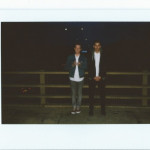
Connect to Deaf Havana on
Facebook, Twitter, Instagram
Discover new music on Atwood Magazine
? © 2014

